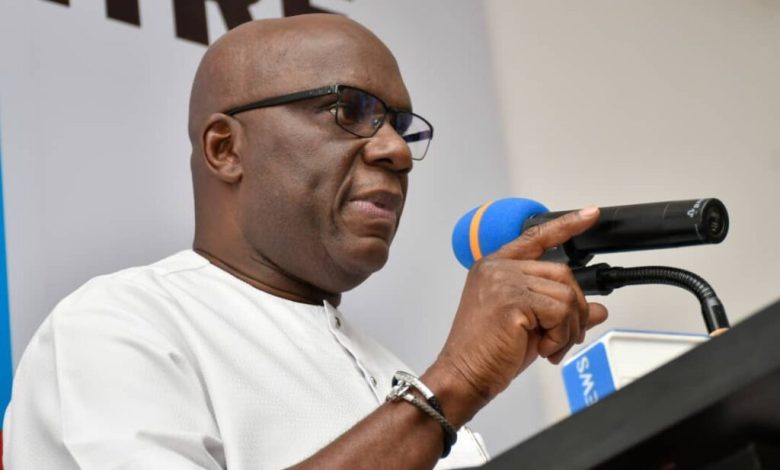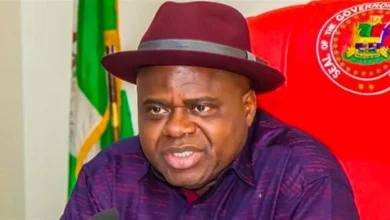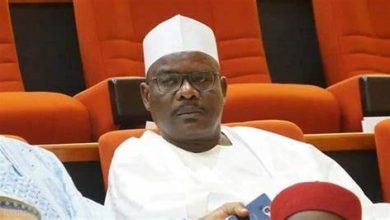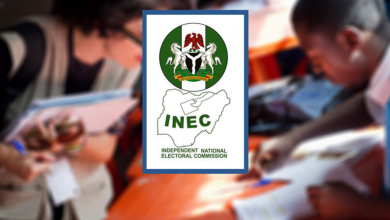APC’s Felix Morka rejects claims that defections threaten Nigeria’s democracy

The All Progressives Congress (APC) has dismissed concerns that the recent surge in defections to the ruling party undermines Nigeria’s democratic principles.
Chief Felix Morka, the party’s National Publicity Secretary, told Arise News on Saturday that politicians shifting allegiances were exercising their constitutional right to freely associate, rather than signaling a drift toward a one-party state.
Chief Morka emphasised that defections from parties such as the Peoples Democratic Party (PDP), Labour Party (LP), and African Democratic Congress (ADC) were a normal aspect of democratic competition.
“This movement does not indicate a decline into one-party rule.
“Citizens and politicians alike have the freedom to choose their political homes, and many have opted for the APC, ” he said.
He also criticised suggestions that the APC should block new entrants or restrict party membership, calling such views undemocratic.
“Democracy allows people to decide where they belong politically. Expecting the APC to act as a gatekeeper contradicts these freedoms,” Morka further explained.
Morka dismissed accusations that the ruling party coerces governors and politicians into switching sides using state resources.
“Governors are autonomous leaders with control over their state budgets and governance. It’s unrealistic to believe they can be easily influenced by outside forces,” he said.
Instead, he challenged opposition parties to reflect on internal failings that might be driving their members away.
“Parties like the PDP, LP, and ADC must look inward. Leadership crises and dysfunction have caused defections. No one stays on a sinking ship,” Morka added.
Morka credited President Bola Tinubu’s administration for restoring faith in governance, which he said is attracting Nigerians to the APC.
“Through bold reforms and effective policies, the President has set Nigeria on a better course. This progress explains why more people are joining the APC,” he said.
On why some governors are defecting even when they cannot seek re-election, he noted that politicians remained influential beyond holding office.
According to him, political relevance doesn’t end after a term. If their current parties fail to offer a future platform, switching makes strategic sense.
Citing Plateau State, Morka said while the governor remained with the opposition, many key figures from the PDP there have moved to the APC, indicating shifting political tides.
Responding to reports about Plateau youths endorsing President Tinubu’s re-election bid, Morka clarified the meeting was solely focused on the President, not the state governor.
“The governor is not part of our party and has not expressed interest in joining.
‘:Meanwhile, the APC is gaining strength locally, while the PDP struggles,” he said.
He predicted a strong APC performance in Plateau for the 2027 elections.
When asked if laws should be changed to curb defections, Morka said political migration is a democratic right that should not be restricted.
He pointed to Delta State Governor Sheriff Oborevwori, who was elected under PDP but has since joined the APC, stressing that voters would judge his performance regardless of party label.
“Governance and party politics are connected but separate. Ultimately, the people decide,” Morka said.
Addressing criticism from former Osun State governor Rauf Aregbesola, who claimed the APC has failed Nigerians, Morka dismissed the remark as unfounded.
“The APC continues to provide credible leadership and hope for the country,” he affirmed.
He reminded the opposition that political parties serve as platforms for power contests, while governments are responsible for running the nation, two distinct but intertwined roles.



